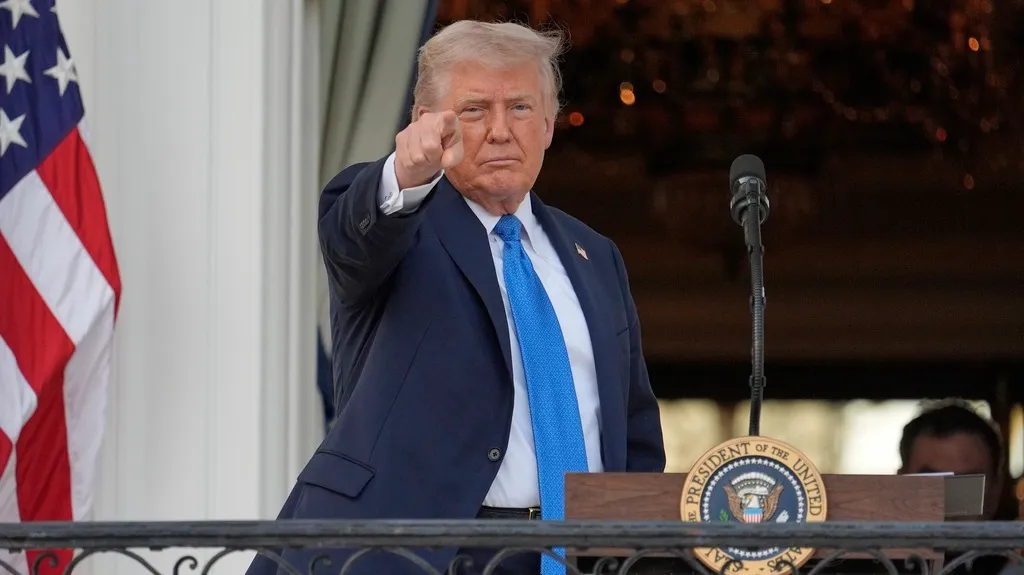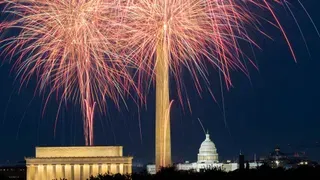February 8, 2010
Pakistan's 'third gender' seek greater rights
Kilian Melloy READ TIME: 3 MIN.
Taunted at home, Sanhya ran away at age 12, searching for acceptance as she sees herself - neither male nor female, but a member of a third gender.
Pakistan's transgender community has long lived on society's margins, harassed by police, ridiculed as freaks, pitied as the outcast people of Allah and often rejected by their own families. Now the Supreme Court is giving them hope through a petition for their rights to be respected.
"People are recognizing that we are also human beings," said Almas Bobby, who acts as head of the community and fights for equal rights.
A series of hearings by the court over the past 11 months could be the first steps toward bringing them into the mainstream. The court has already suggested authorities consider adding a third gender to state-issued identity cards - a bold proposal in Pakistan's conservative society.
The community is known as "khusra," which Pakistanis translate as "eunuch" in English, though the meaning is broader than a castrated man, the common definition in the West. Besides transsexuals, it also includes hermaphrodites, people with both male and female sexual organs. Some have undergone sex-change surgery.
Transgender people in much of the world view themselves as women born in a man's body, or vice versa. In Pakistan and other south Asian countries, those born male often see themselves as neither sex, though they wear women's clothing and refer to each other as "she."
On identity cards, "they wrote men," Bobby said. "We want eunuch. If we are eunuch, please write eunuch, not men."
Adding a third gender would be a symbolic victory for the community, giving it hope of social acceptance, she said. The proposal borrows from the example of neighboring India, whose election commission ruled late last year that transgender people could register to vote as "other," rather than male or female.
"Our parents feel embarrassed for us to be called khusra," said Sanhya, who is now 19 and lives with other khusra in Rawalpindi, a city next to the capital, Islamabad. "But we need our identity. It is our right." Like most in her community, she would only give the female name she adopted.
While Sanhya and Bobby say the situation has improved since the Supreme Court took notice of their plight, their community is still dogged by violence.
Several dozen khusra gathered recently to remember 28-year-old Nadia Malik, whose body was found on a street in Rawalpindi. They said she had been stabbed repeatedly and then run over by a car.
"She was brutally killed," said Sanaa, a bright-eyed 22-year-old with carefully applied makeup and wearing a blue shalwar kameez, a traditional Pakistani women's outfit. "We have reported it to the police, but so far they have found nothing," she said. She refused to speculate about the killers' motive.
There are no official figures for khusra, though Bobby estimates there are several hundred thousand. Many live in communal homes under the leadership of a "guru," a fellow khusra who looks after their needs andtakes a cut of their earnings.
Despite the discrimination they suffer, Pakistani Islamic society tolerates them as dancers at festivals and weddings, where men and women are segregated and khusra are seen as bridging the gap. They also earn money blessing newborn babies or begging: Their curses are widely feared and few dare send them away empty-handed. Many work as prostitutes.
"People laugh at them wherever they go," said Mohammad Aslam Khaki, the lawyer who filed the petition at the Supreme Court in early 2009 in an attempt to stop khusra facing discrimination in employment, health care, housing and other rights. "Their dignity is violated."
To tackle police harassment, the court ruled that authorities must send it copies of the case files of any khusra arrested. It has also issued orders to guarantee them free health care and their right to inheritances, which are sometimes denied them by families who have rejected them.
The court is to hold more hearings, and has asked provincial governments to provide progress reports on what steps they are taking to improve the khusra's situation.
"We are just fighting for our rights," says Sanhya. "This Pakistan belongs to us also."
____
Associated Press writer Muneeza Naqvi in New Delhi contributed to this report.
Kilian Melloy serves as EDGE Media Network's Associate Arts Editor and Staff Contributor. His professional memberships include the National Lesbian & Gay Journalists Association, the Boston Online Film Critics Association, The Gay and Lesbian Entertainment Critics Association, and the Boston Theater Critics Association's Elliot Norton Awards Committee.







